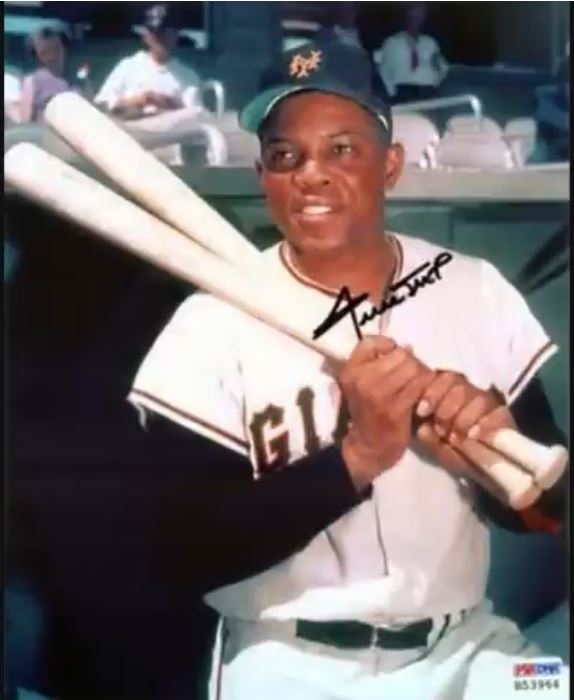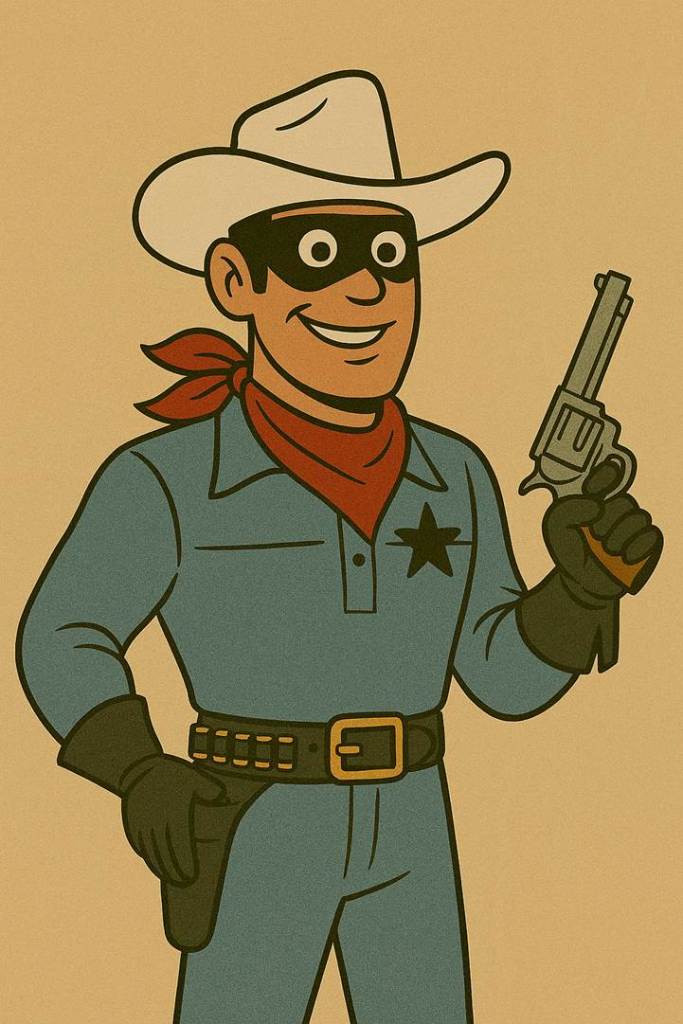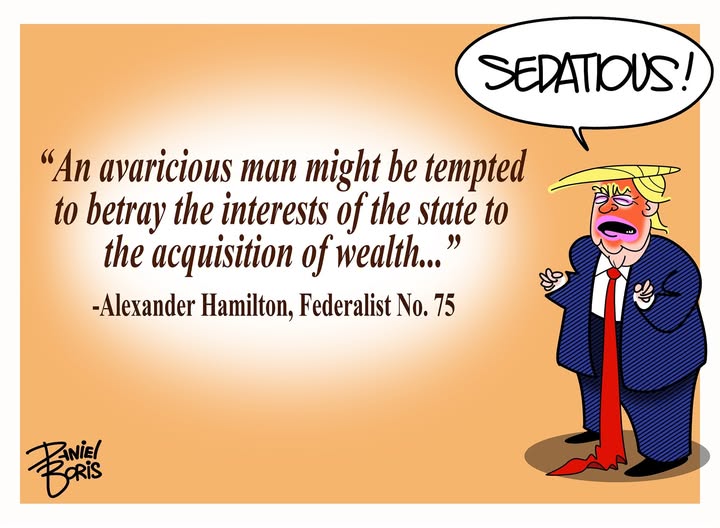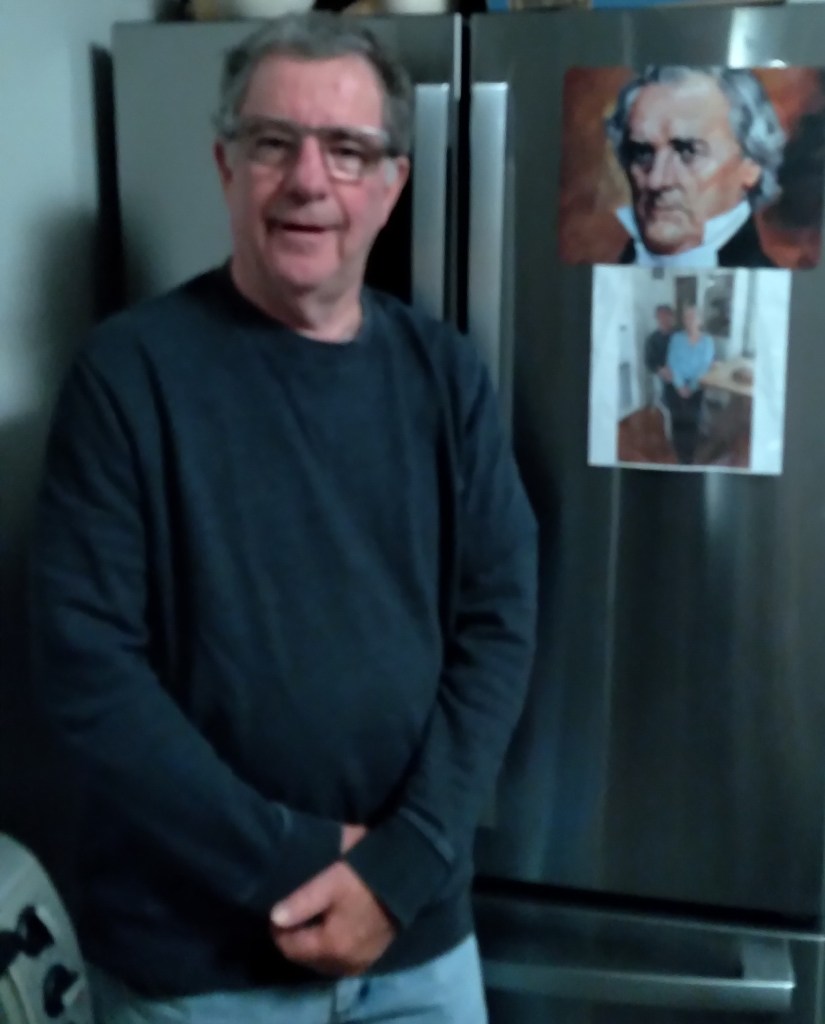
My brother Kevin was not athletic as a child. Let me be more precise: the neighborhood girls got picked before him when we chose up teams for softball. And that’s not because the girls were that good. It was because Kevin threw not like a girl, but like an alien, someone who had absolutely no idea how to throw a baseball.
He knew nothing about sports. Nothing. So, you can imagine my shock when I heard years later that he was living in San Francisco and coaching a soccer team. Not a professional team, but, still, Coaching. A sport. With rules. And balls. And a team depending upon him. But that’s another story.
This is a baseball story.
Back then, the rest of us were obsessed with batting averages, RBIs, and who could hit the ball over the telephone wires. Kevin, meanwhile, treated the entire enterprise like a field trip. He’d stand in the outfield — usually right field, the traditional home of the unskilled — and watch the game as if he were waiting for subtitles to appear.
When a ball finally did come his way, he reacted like someone being handed a live ferret. Arms flailing, feet unsure, eyes wide with the realization that physics had betrayed him once again.
And yet — and this is the part I love — he kept showing up. Every game. Every summer. Every humiliation. He showed up because that’s who he was long before he became a writer, a father, a deputy, or a man brave enough to tell the world who he really was.
He showed up even when the world didn’t quite know what to do with him.
And maybe that’s the real story — not the baseball, not the throwing, not the picking of teams. It’s the persistence. The quiet courage. The willingness to stand in right field, waiting for a ball he knew he couldn’t catch, simply because the rest of us were there and he wanted to belong.
No. That’s another story.
This is a baseball story.
My brother Donald, or the artist formerly known as Brother X, is a big baseball fan. The kind of fan who can quote batting averages the way some people quote Scripture. So, when Donald heard that Barry Bonds was going to be making an appearance at San Francisco’s City Hall, he got excited. At the time, our brother Kevin was head of security at San Francisco’s City Hall.
“Get me his autograph,” Donald said. Simple mission. Clear objective. No ambiguity.
Except for one small problem: Kevin didn’t even know who Barry Bonds was.
Donald had to give him a crash course. Home run king. Giants legend. A name spoken with reverence in San Francisco.
Kevin listened politely, filed the information away, and went back to running security for one of the busiest municipal buildings in America.
A couple days later, Donald called him.
“Did you get me the Barry Bonds autograph?” “No,” Kevin said. “He didn’t show up. He sent his Godfather instead.” “Well, did you get his autograph?” “No. Why should I?”
Donald’s voice went up an octave. “His Godfather is Willie Mays!”
Silence. Then Kevin, genuinely puzzled: “So… who’s Willie Mays?”
Like I said earlier: Kevin knew nothing about sports. Donald nearly had a stroke.
“You didn’t get Willie Mays’ autograph…” Donald screamed until the phone lines melted.
In our family, competitiveness is practically a sacrament. And Kevin — who hated being outdone — decided that if he had just committed a baseball error, he was going to atone for it. Somehow.
He dove into learning everything he could about Willie Mays. Stats. Stories. The basket catch. The Catch. The Say Hey Kid. He studied like he was preparing for a final exam in Willie‑ology.
One day, Gavin Newsom was scheduled to say a few words at an event honoring Willie Mays. Kevin, who once was a speechwriter for Vice-President Dan Quayle, volunteered to draft the remarks.
And he nailed it.
After the event, Gavin showed Willie a copy of the speech and told him Kevin wrote it.
Willie Mays, the man Kevin once couldn’t identify in a lineup of two, decided he wanted to thank him. He signed a baseball and gave it to Gavin to pass along to Kevin.
Once he got it, Kevin didn’t hesitate. He sent it straight to Donald.

It took him a lifetime, but Kevin finally hit a home run.

Peace & Love, and all of the above,
Earl











